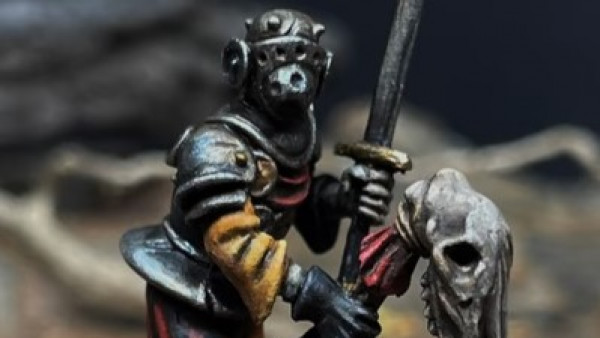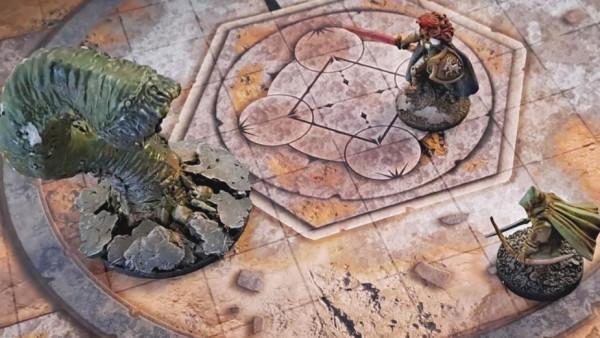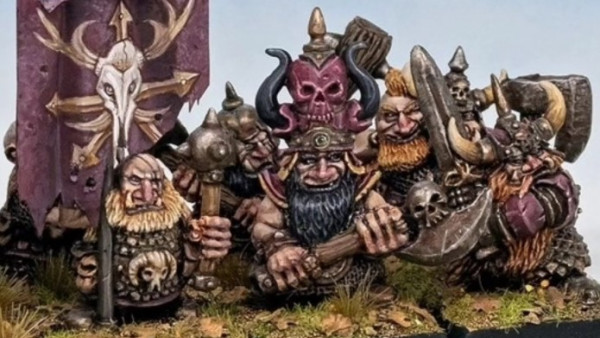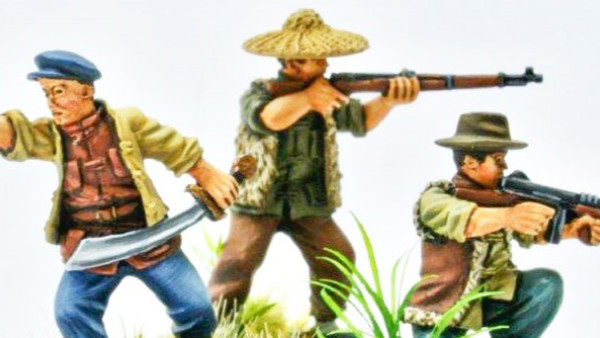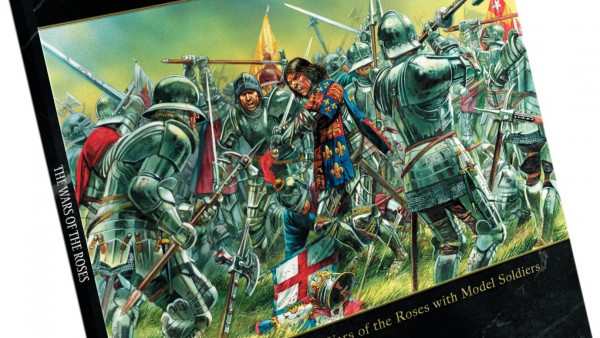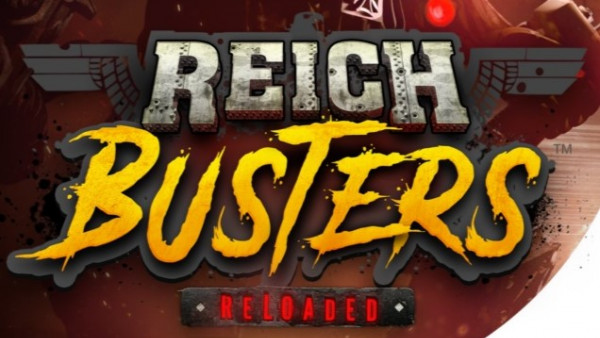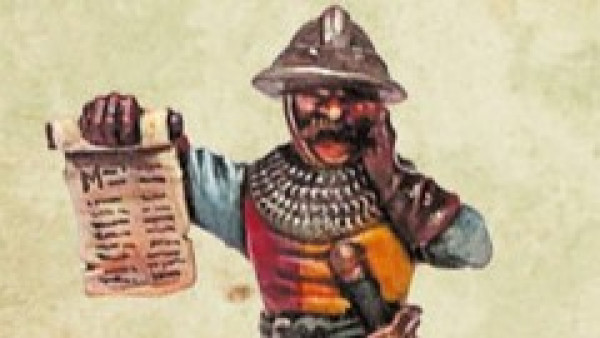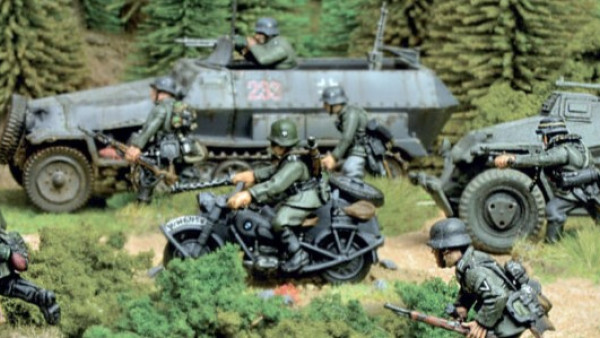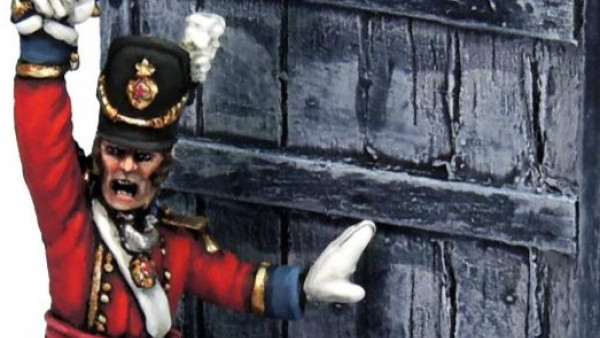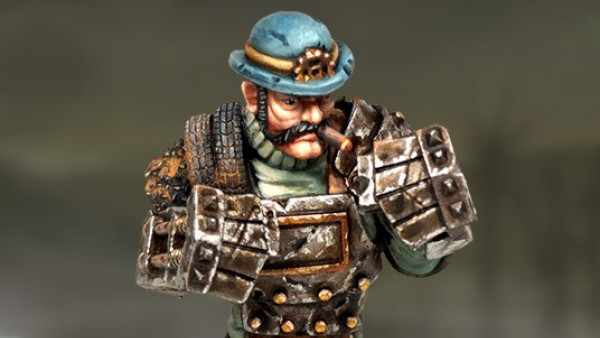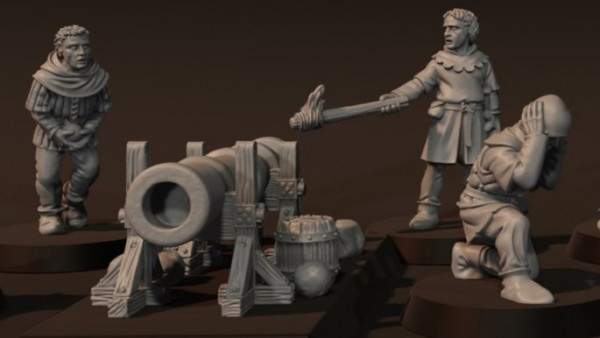Home › Forums › Historical Tabletop Game Discussions › Poland 1939 – Preparing for 80th Anniversary of World War II › Reply To: Poland 1939 – Preparing for 80th Anniversary of World War II

@jamesevans140 and @avernos – regarding the Soviet invasion on Poland and how even modern Russians, Belorussians, and Ukrainians may see it as “legitimate” …
Obviously I agree that the Soviets invaded Poland on 17 September. It seems crazy that some people like to proclaim it “never happened.” Even when we invaded France in 1944, no matter how legitimate of a “liberation” it was, we still call it an invasion and acknowledge it happened. 🙁
Now to play’s devil’s advocate a little (and I love doing this vis-a-vis the Russians, I’ve read too much Richard Overy and David Glantz so I admit I have a pretty lenient view on the Soviets during World War II) …
I feel this draws back to Versailles (as so much does). In 1919-1920, the political state in what was becoming the Soviet Union was obviously chaos. I don’t think they had a stable government (Russian Civil War still ongoing), much less a seat at Versailles or a “pen on the table” when those clowns were doodling new borders all across Europe. The Second Polish Republic was more or less spawned out of nowhere, taking a slice out of what used to be the German and Russian Empires. So I don’t think the new Soviet Union would have ever seen the borders of Poland as “legitimate.”
Hence we see the almost immediate start of the Russo-Polish War of 1920. Ironically, von Ribbontrop offered the Soviets in 1939 what the British and French denied then in 1919, probably one reason Molotov agreed to the deal despite ideological differences (well, that and postponing a war I think both Berlin and Moscow already saw as inevitable).
Even after Germany invades with Barbarossa, the very first meeting of Molotov and Churchill (October 1941 in London, I think), virtually the first thing Molotov asks for British recognition of the legitimacy of the “Curzon Line” – the re-establishment of which would remain a major focus of Soviet foreign policy all the way through Yalta in February of 45.
In summary, the Soviets never felt their border between Poland was drawn legitimately in 1919, and never recognized it. From their view, they were re-taking what had been stolen from them by London and Paris in the Versailles Treaty. This might explain some of what we hear out of Russia, Belarus, and Ukraine to this day. I’m not saying I completely agree, just offering where some of it might come from.































![How To Paint Moonstone’s Nanny | Goblin King Games [7 Days Early Access]](https://images.beastsofwar.com/2024/12/3CU-Gobin-King-Games-Moonstone-Shades-Nanny-coverimage-225-127.jpg)















